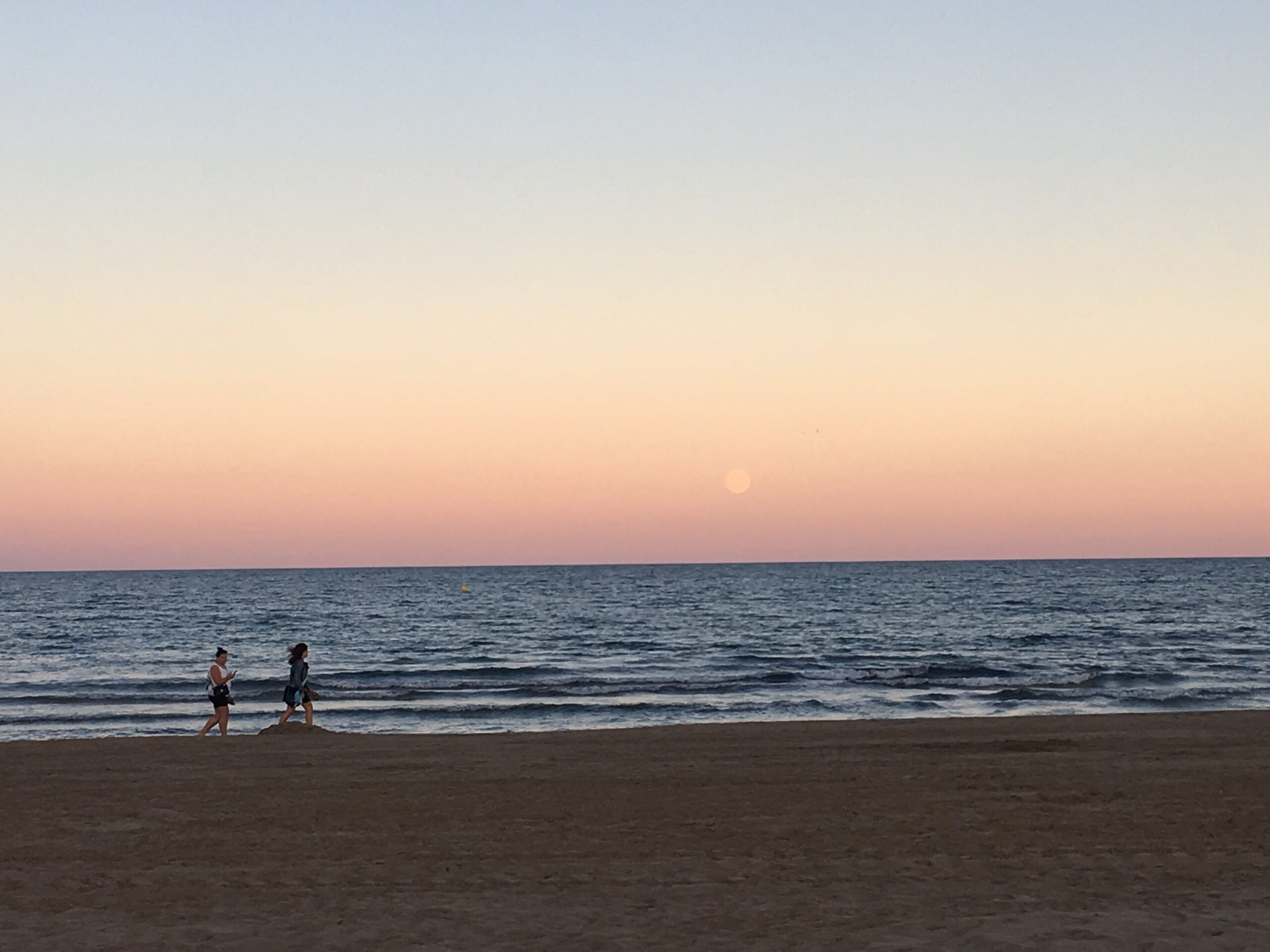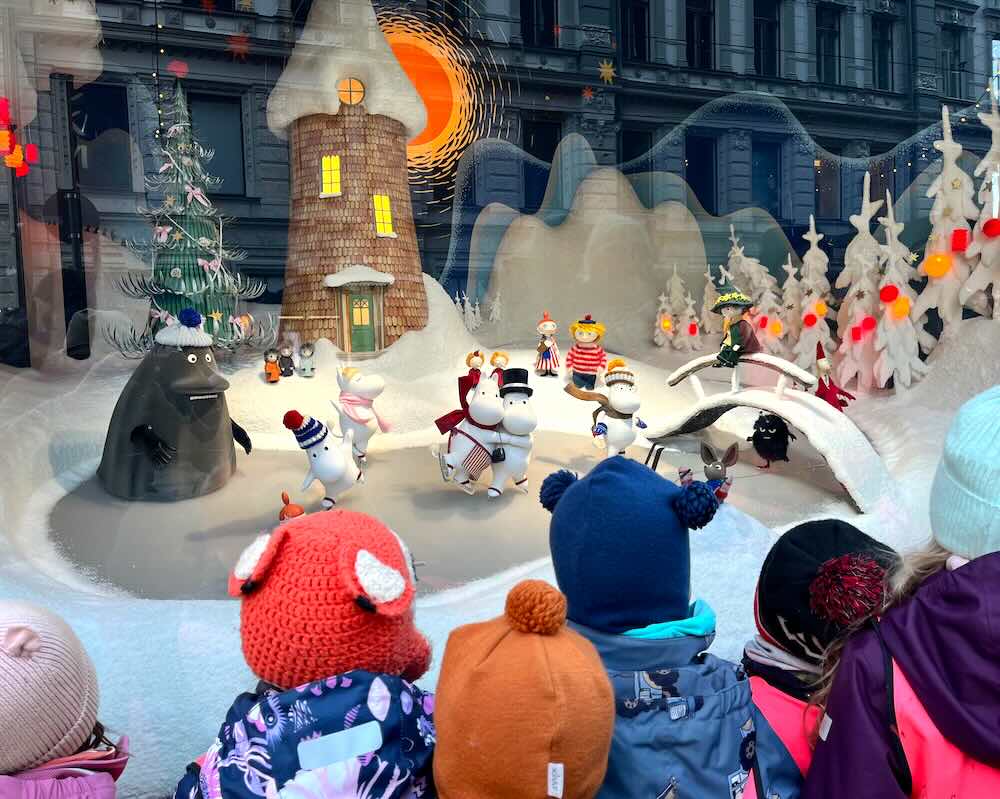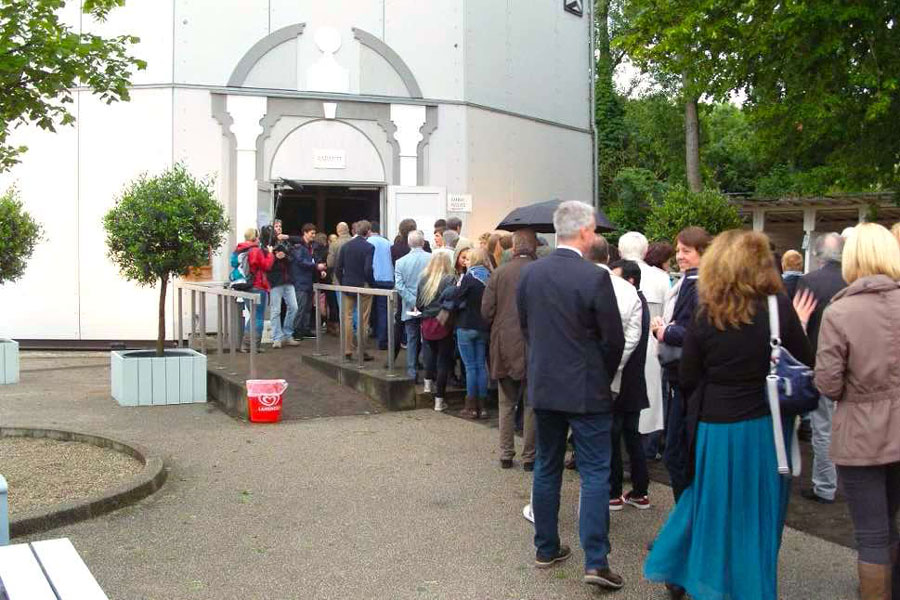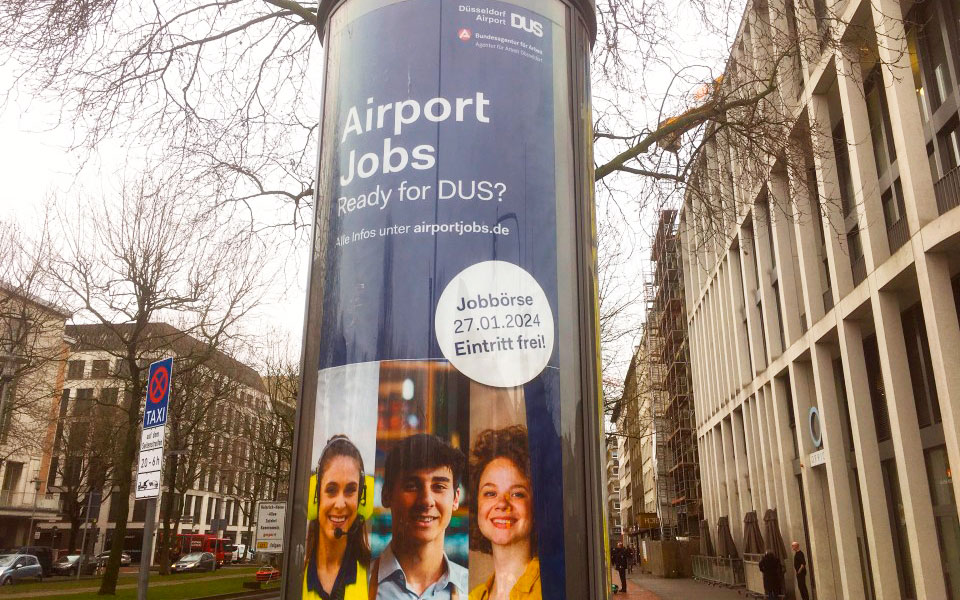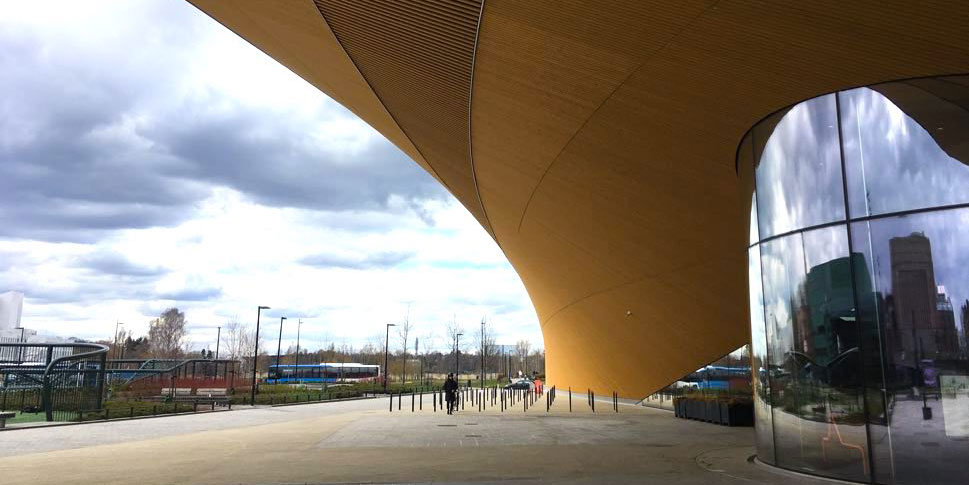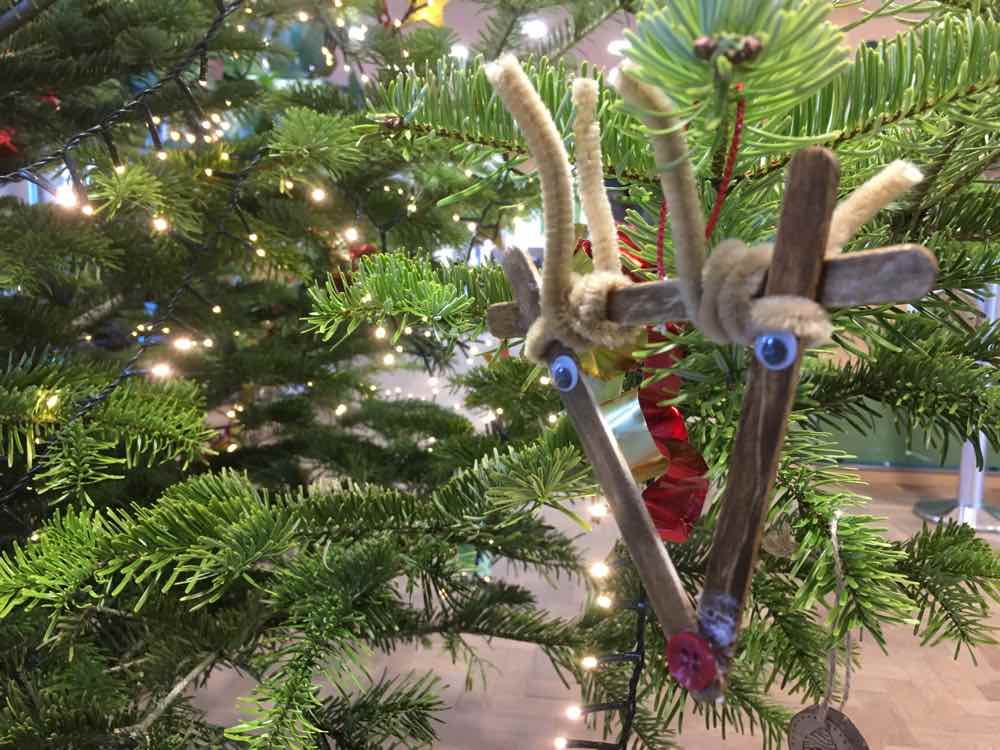Contemplating this story, I am reminded of my hero, an incomparable Peanuts character from Charles M. Schulz. That brilliant philosopher and avid writer named Snoopy is portrayed sitting crouched over an old typewriter as those famous words “It was a dark and stormy night” appear.
The Christmas line “Twas the night before Christmas” is also known by countless millions of children. So too, the last line of the same poem, “Happy Christmas to all, and to all a good night!”.
As we approach the threshold of a new year, an annual festive season is repeated that some consider divine, yet others dread. It would seem that roughly a quarter of the world’s population celebrate Christmas. In some countries the celebration seems ever-present for weeks on end, rather than a mere couple of days.
So, considering how many have embraced the birth of a child in Bethlehem, it may be fun to consider another, more recent, character’s heritage and how the story of modern day Yuletide cheer has evolved over time.
A Night
Firstly, the deer with reins, since they go back a long, long way. Originating in Scandinavia, the Nordics, Russia and covered in fur from head to toe, they are especially suited to life at the north pole. Since the Finns claim Santa Claus is from Rovaniemi a little further south, the herding of reindeer by the Samis seems poignant. Furthermore, these beautiful animals were revered in Pagan mythology, later becoming part of European Christian customs. Following their introduction to the wider North American continent, they were popular with the Inuits too.
Fast forward to 1821 when a sleigh with a single reindeer is first mentioned in an anonymous illustrated children’s poem published in New York called Old Santeclaus with Much Delight. This predates publication of the aforementioned poem by two years, when a sleigh was pulled by eight reindeer named Dasher, Dancer, Prancer, Vixen, Comet, Cupid, Donder and Blitzen. Copywriter Robert L. May created Rudolph The Red Nosed Reindeer in 1939 and their numbers swelled to nine after songwriter Johnny Marks adapted the story of Rudolph into song in 1949.
A Star
Now to the big man himself, who is considered to be born of Greek heritage in Myra during the time of the Roman Empire. An early Christian bishop, his life spanned a surprisingly long life of 73 years. He became the patron saint of children, students and adults from many walks of life.
In the Netherlands, this saviour and man of good deeds was known as Sint–Nicolaas, later to be referred to as Sinterklaas. The Germanic region and surroundings also referred to Saint Nicoaus as the Christkind or Christkindl. Whilst he is still celebrated in several European countries in early December, Dutch settlers in New York were instrumental to his arrival in the United States of America. Little did they know that this was to have impact the world over.
As they say, appearances are everything and this character certainly changed styles over time. Author Washington Irving’s Knickerbocker’s History of New York introduced Americans to Saint Nicholas in 1809 as a jolly old Dutchman who parked his wagon on rooftops and slid down chimneys with gifts for sleeping children on his feast day. Yet artist Alexander Anderson’s image of that same Sancte Claus drawn in 1810 was more religious in nature.
The man’s contradictory transformation remained slow until the prose cited above was published anonymously in 1823. A Visit from St. Nicholas was later credited to Clement Clarke Moore. Three lines in particular give a delightful impression. Whilst he was dressed in fur, He had a broad face and a little round belly, That shook when he laughed, like a bowl full of jelly. He was chubby and plump, a right jolly old elf. His colours were destined to appear later.
It was 1863 when cartoonist Thomas Nast depicted Santa in A Christmas Furlough wearing a cloak with stars whilst seated on his sleigh pulled by reindeer. In 1864, Santa wore yellow in a later edition of Clement Clarke Moore’s poem, to wear red only 4 years later. Nast’s Merry Old Santa from 1881 saw him more rotund, sporting a fluffier beard and today’s image was born!
On the cover of The Life and Adventures Of Santa Claus in 1902 by L. Frank Baum, Santa is drawn wearing black, carrying a sack of presents and climbing into a chimney. Many illustrations followed. The Coca‑Cola Company’s Christmas ads commenced in the 1920s with a strict-looking Santa Claus. Following artist Fred Mizen’s Santa in 1930, illustrator Haddon Sundblom was engaged. From 1931 to 1964, their advertising featured images of the famous character in various scenes and a tradition was firmly established.
Dramatic stories do, however, reveal curious surprises, so enter Santa’s English origins. Although early references mention the mid-fifteenth century Sir Christëmas, they begin in earnest with Ben Johnson’s Christmas, His Masque referring to Old Christmas in 1616. Parliament banned Christmas in 1647 but it was restored a mere 13 years later. Nineteenth century Father Christmas appeared with Charles Dickens’ Christmas Carol in 1843 before today’s version also started to surface in Britain from the 1870s onwards.
A Surprise
Interestingly, the political publication Harper’s Weekly had a soft spot for old Kris Kringle. As have the US Continental Air Defense Command and its successor, the joint Canada and the United States bi-national air defence command NORAD or North American Aerospace Defense Command.
According to the Official United States Air Force, the tradition began in 1955 after a Colorado Springs-based Sears Roebuck & Co. advertisement for children to call Santa misprinted the telephone number. Instead of reaching Santa, the phone number put kids through to the CONAD Commander-in-Chief’s operations hotline. The Director of Operations at the time, Colonel Harry Shoup, had his staff check radar for indications of Santa making his way south from the North Pole. Children who called were given updates on his location, and a tradition was born.
A Cast
The tale of the Elves also reveals a complex affair. A supernatural creature of believed to be of Norse origin, the word Elf itself is Germanic. They are capricious in nature and highly unpredictable. Their evolution and progress is somewhat disputed but, of course, they are the ones to please if we wish to be looked upon favourably by Father Christmas. It is said that they are his emissaries, sent down from the north pole from the first day of the twelfth month to see if children have been naughty or nice.
A Tree
The Christmas tree is rumoured to have been brought south to Germany by Martin Luther upon his return from Latvia. A huge tree in Riga’s market square is first mentioned in 1510. Some even hung them upside down from the ceiling. Having become part of seasonal celebrations, it was Queen Victoria’s spouse Albert who, in 1848, began to make the tradition popular in the British Isles. This then became well known in the US, triggering the tradition to spread more widely across the country.
A Taste
And whist we are on this expansive topic, what about the Christmas meal? The Spanish brought the turkey back home from central America. These were introduced to the UK through trade or directly by British merchants in the early 1500’s. Settlers then took some of these poultry with them to North America during the seventeenth century.
Plum or Christmas pudding is even older. In medieval England, the ingredients are rumoured to have represented Jesus and his 12 apostles. Mince pies were originally made containing with meat as well as fruits and spices. It is believed they originate from the Middle East and appeared in England in the middle ages. Perhaps brought back by returning crusaders? Finally, eggnog. Enjoyed in British aristocratic circles during winter, this deliciously sweet staple of American celebrations seems to have arrived there in the 1700s.
A Flame
So what about the lights? When Germans started to take trees indoors, they attached candles to branches to represent the light of Jesus. With the invention of electricity, this dangerous pastime could be replaced. The first electrically illuminated tree is reputed to have been in New York during Christmas of 1882.
As technology progressed, lights could be found in many homes, both on the trees and off. Today, it is the most natural experience in the world to string lights at home or wander amongst extensive municipal displays in cities on all four continents. My parents had a string of lights which I inherited. They include a pretty parrot, Santa’s head, a snowman, lantern and several other assorted symbolic bulbs. Unfortunately they glow no more, yet these beautiful glass motifs still shine magnificently without power.
A Saviour
Finally, Germanic Pagans referred to the time of year from December 21 to January 1 as Yule. It was a celebration of the winter solstice. Hence the term Yuletide is still used to this day. However, perhaps it is noticeable that this story has yet to remind us of the true reason why we make all the fuss.
In Spain especially and in other Spanish speaking regions, the festive period is extended to include Epiphany. January 5 sees a massive celebration with large processions and joyous children rejoicing the coming of the Three Kings. Nativity scenes with Mary, Joseph, animals and a manger can also be seen everywhere at Christmastime.
The birth of Jesus Christ is a wondrous tale, told countless times, repeated in services, sung in carols and revered across the globe. How fascinating is it then, that Christians are not the only ones to celebrate. Now that truly is the power of love and of joy.
A Wish
Expats from around the world embrace their new hosts, surroundings and experiences with awe, wonder and curiosity. They may show surprise or act and react differently. We are all on a unique journey.
This is the time of year to light a single candle or perform daily and weekly spiritual rituals. We hang colourful Christmas lights and decorations, play games and enjoy lunch or dinner. We may watch a classic movie together or be alone in a foreign country.
Wherever you find yourself this year, whatever tradition you follow, celebrating on Christmas Eve or Christmas Day, may this season bring good tidings to all.
It remains to say thank you to my clients, partners, sympathisers, readers, friends, family and loved ones all over the world. It is such a pleasure to serve.
Wishing you Merry Christmas, Fröhliche Weihnachten, Joyeux Noël, Feliz Navidad, Wesołych Świąt Veselé Vánoce, 圣诞快乐, Hyvää Joulua, Et Al,
In joy, Garry
Empowering companies, cities and expats with knowledge since 2007.
A Reference
As always, online research leads us along many avenues, a few of which proved fruitful to creating my story. These I gladly share:
- Clement Clarke Moore’s poem: https://www.poetryfoundation.org/poems/43171/a-visit-from-st-nicholas.
- Wonderful comments upon Snoopy’s attempted stories: https://ronaldbrichardson.com/metafiction/the-worlds-shortest-novel-snoopys-it-was-a-dark-and-stormy-night.
- Rudolf book and song: https://www.si.edu/newsdesk/snapshot/rudolph-red-nosed-reindeer.
- Santa Claus pictorials: https://publicdomainreview.org/collection/a-pictorial-history-of-santa-claus.
- Christmas trees: https://time.com/5736523/history-of-christmas-trees.
- Coca Cola: https://www.coca-colacompany.com/about-us/history/haddon-sundblom-and-the-coca-cola-santas.
- Santa Claus history: https://www.english-heritage.org.uk/christmas/the-history-of-father-christmas.
- Santa Tracker: https://www.noradsanta.org/en
By Vincent Green, Dec 20 2023

